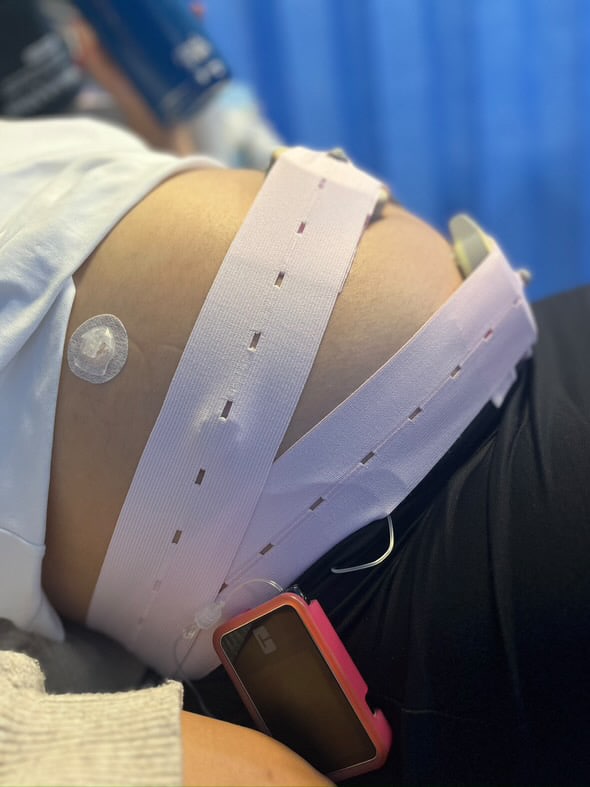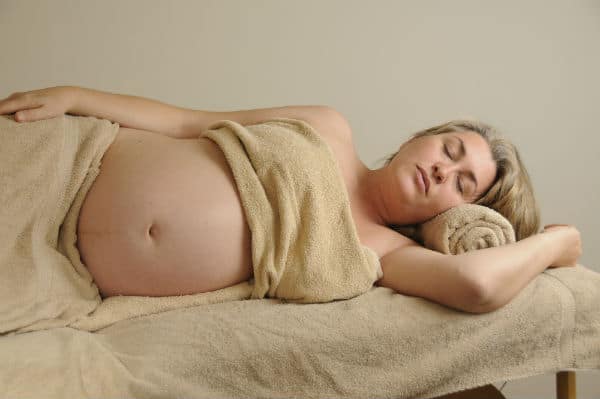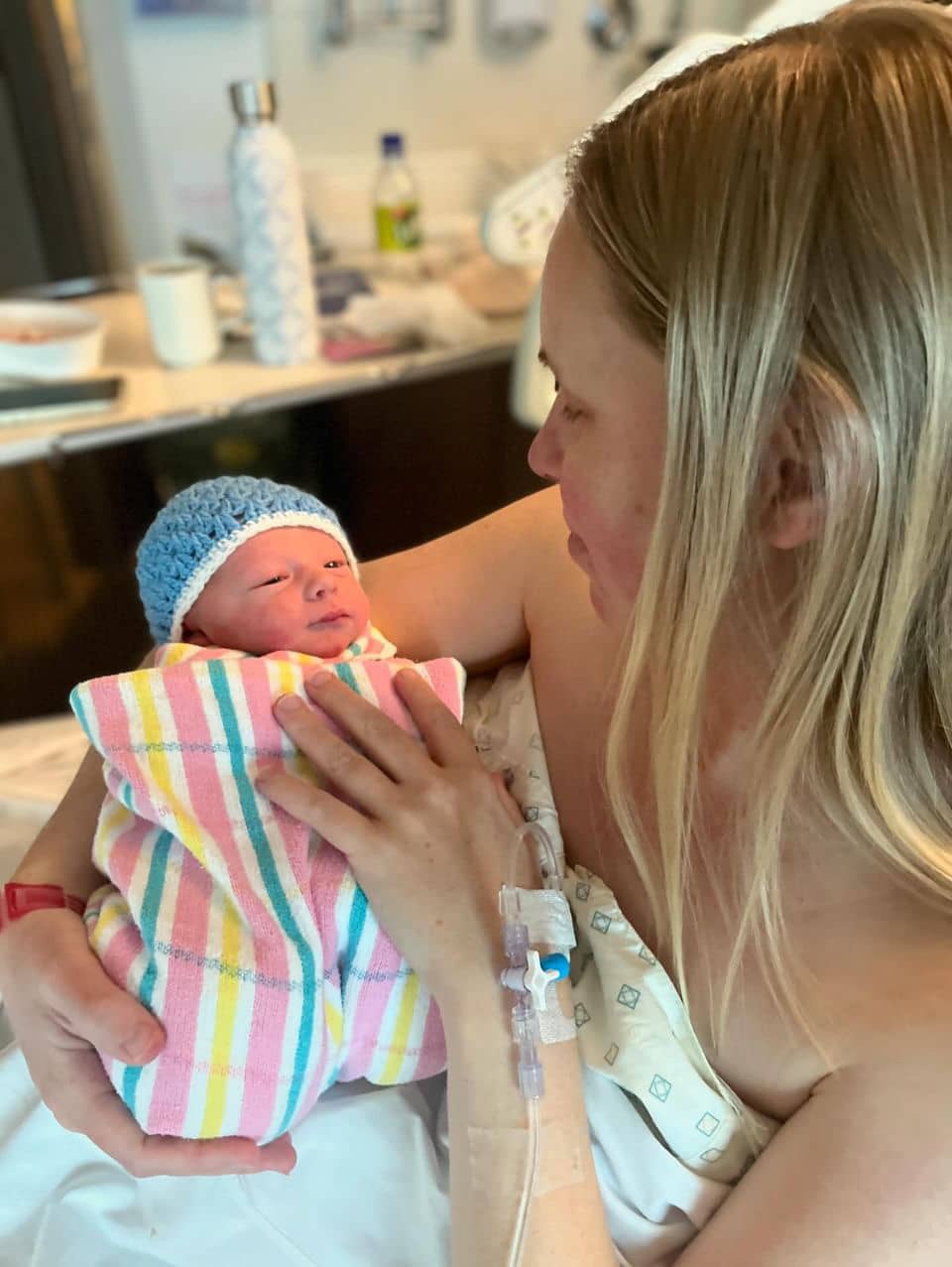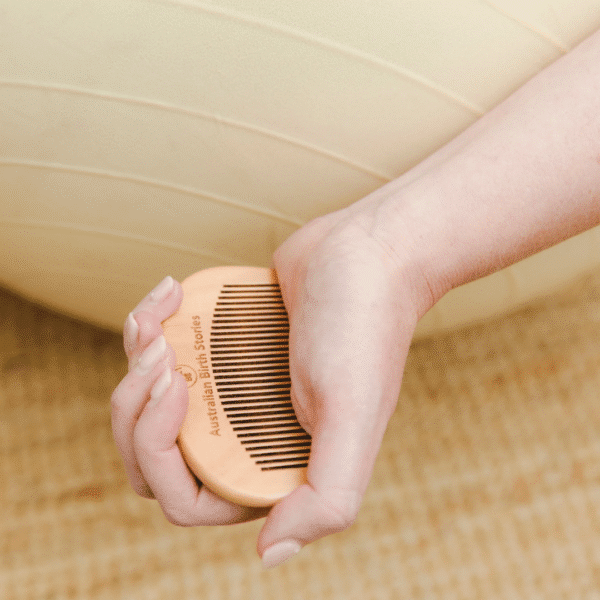Pregnancy Prenatal versus Postnatal Supplements. What’s the Difference?
Prenatal versus Postnatal Supplements. What’s the Difference?

If you’re pregnant chances are you’re taking a prenatal supplement. It’s usually one of the first things your GP suggests when your pregnancy is confirmed because it offers a host of benefits for you and your growing baby.
In postpartum, especially if you’re breastfeeding, a supplement is just as important for your recovery journey and your long term health and wellbeing. It’s also a big step towards avoiding postnatal depletion, a condition where new mothers are essentially depleted of essential vitamins and nutrients, leading to fatigue and a host of health issues.
Everyone’s postpartum recovery journey is different and there are many influential factors that will determine exactly what you need from a supplement. This is particularly relevant if you have a pre-existing thyroid condition; in this instance, it’s important that you seek medical advice for your required dosage (eg. iodine is an important mineral to supplement in postpartum but it affects thyroid hormone production).
How long should I take a postnatal supplement?
Ideally you should take a postnatal supplement for six months after birth. If you’re breastfeeding beyond six months, take it for as long as you are breastfeeding. Ideally your nutrition needs should come from food first but it’s very difficult to meet your high requirements with diet alone in postpartum.
The postpartum period is one of the most demanding seasons of life – physically, mentally and emotionally. Even the most straightforward vaginal birth requires significant healing with many perinatal health specialists agreeing that we really should consider 6-12 months a realistic recovery timeline after birth, possibly more if we’re looking at the thorough recovery of connective tissues and the pelvic floor. If you had a caesarean birth, sustained physical or psychological birth trauma or you had a postpartum haemorrhage, your recovery will be more complex.
On a societal level, postpartum isn’t respected or revered so we need to constantly remind ourselves (and each other) that prioritising our health and wellbeing is vital. The irony is that prioritising yourself when you’ve got a baby (and other children) to care for is very, very difficult, especially if you don’t have a reliable support network to lean on. However, taking a postnatal supplement each day is a practical and efficient way of taking care of yourself and protecting yourself from long-term depletion where symptoms like brain fog, fatigue, hair loss and mood disorders can significantly impact your day to day life and may contribute to mental health concerns.
What is a prenatal supplement?
A prenatal supplement serves two purposes:
- Support the health of the mother
- Support the development of the baby
As well as prioritising iron and choline for the mother, a prenatal supplement ensures you’re getting the recommended dose of folate which can help prevent neural tube defects and Docosahexaeonic acid (DHA) which assists with brain growth and cognitive development.
You can read more about prenatal supplements HERE.
The Next-Gen Prenatal – 1 Month Subscription
Give your baby the best possible start
$40 $28 for your first month when you use the code ABSKIN12 at the checkout
What is a postnatal supplement?
Postnatal vitamins contribute to the high nutritional needs of new mothers and breastfed babies.
When it comes to essential ingredients, you should look for a supplement that includes:
- Iron (to prevent anaemia and rebuild iron stores after birth) – if you had a postpartum haemorrhage, your care provider may recommend specific iron supplements
- B vitamins to support cell formations and energy levels
- Vitamin D which promotes healthy bones and immune system and can support mental wellbeing
- Calcium
- Magnesium
- Zinc
- Choline
- Iodine
When should I start taking postnatal vitamins?
As soon as you have birthed your baby! However, it’s important to consider your specific medical history and health requirements when choosing a supplement which is why we encourage you to request a full blood panel at your six week check. If you want thorough guidance from a professional that’s specifically tailored to your postpartum body, we encourage you to see a nutritionist or dietician.
Categories
Related Products
-
Birth Combs: Harness Your Body’s Natural Pain Relief
$24.95Crafted from smooth, natural wood, our birth combs activate specific pressure points in your hands that trigger your body’s innate pain-relieving responses.
Get your copy of our Perineal Massage Guide in your inbox
Keep Reading
We think you might enjoy these articles

Pre-existing Diabetes and Pregnancy: What You Need to Know

Harnessing the Power of Acupressure: A Natural Approach to Preparing for Birth

Thoughtful Christmas Gifts for your Pregnant Friend.

What is Pre-eclampsia?

Non-invasive Prenatal Testing (NIPT)
@AustralianBirthStories
Follow along with us
@AustralianBirthStories
Follow along with us
@AustralianBirthStories
Follow along with us
@AustralianBirthStories
Follow along with us
@AustralianBirthStories
Follow along with us
@AustralianBirthStories
Follow along with us
@AustralianBirthStories
Follow along with us
@AustralianBirthStories
Follow along with us
@AustralianBirthStories
Follow along with us
@AustralianBirthStories
Follow along with us
@AustralianBirthStories
Follow along with us
@AustralianBirthStories
Follow along with us



